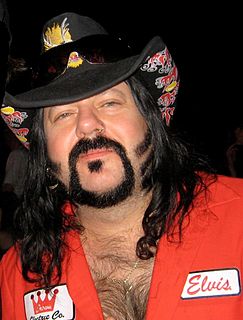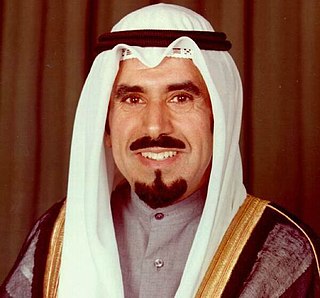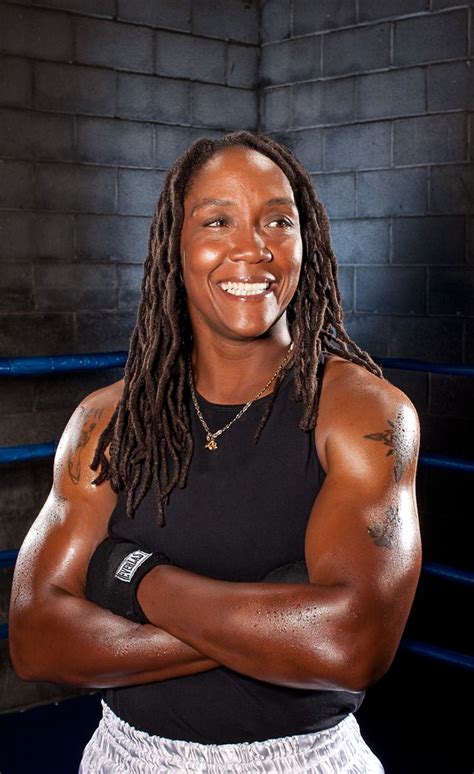A Quote by April Glaspie
Obviously, I didn't think, and nobody else did, that the Iraqis were going to take all of Kuwait .
Related Quotes
I believe that the Iraqis have an opportunity now, without Saddam Hussein there, to build the first multiconfessional Arab democracy in the Middle East. And that will make for a different kind of Middle East. And these things take time. History has a long arc, not a short one. And there are going to be ups and downs, and it is going to take patience by the United States and by Iraq's neighbors to help the Iraqis to do that. But if they succeed, it'll transform the Middle East, and that's worth doing.
I've been training fighters about 10 years. And I know I get the kids that nobody else is gonna want. I get kids who violated probation five, six, seven times. Their parents don't want 'em, the police don't want 'em - nobody wants 'em. And so I say, okay, I was like that. Nobody wanted me. Once I found out that a nobody could do what I did, I took a whole bunch of nobodies. When you take a nobody, they're open to anything, so that's what I started working with. I started working with the worst kids that nobody else wants to deal with.
I think what we're going to ultimately recognize is that capitalism was a transitional and immature system. It got the planet to be globalized and now something else has to emerge. We have to be the ones. We can't wait around. Nobody else is going to do it for us. We have to be the ones who create that new emerging system.
For a couple of years, being professional, I kind of questioned myself. Should I wear my false lashes or take the time I want to take so I can feel good when I go out on the field? Because nobody else was really doing that. And I thought, No: I'm not going to change what I believe I should look like to fit anybody else's standards.
What really worries me is that those who are in positions of power are not really affected by what we are writing. In the moral dialogue you want to start, you really want to involve the leaders. People ask me: "Why were you so bold as to publish A Man of the People? How did you think the Government was going to take it? You didn't know there was going to be a coup?" I said rather flippantly that nobody was going to read it anyway, so I wasn't likely to be fired from my official position. It's a distressing thought that we cannot engage our leaders in the kind of moral debate we need.








































